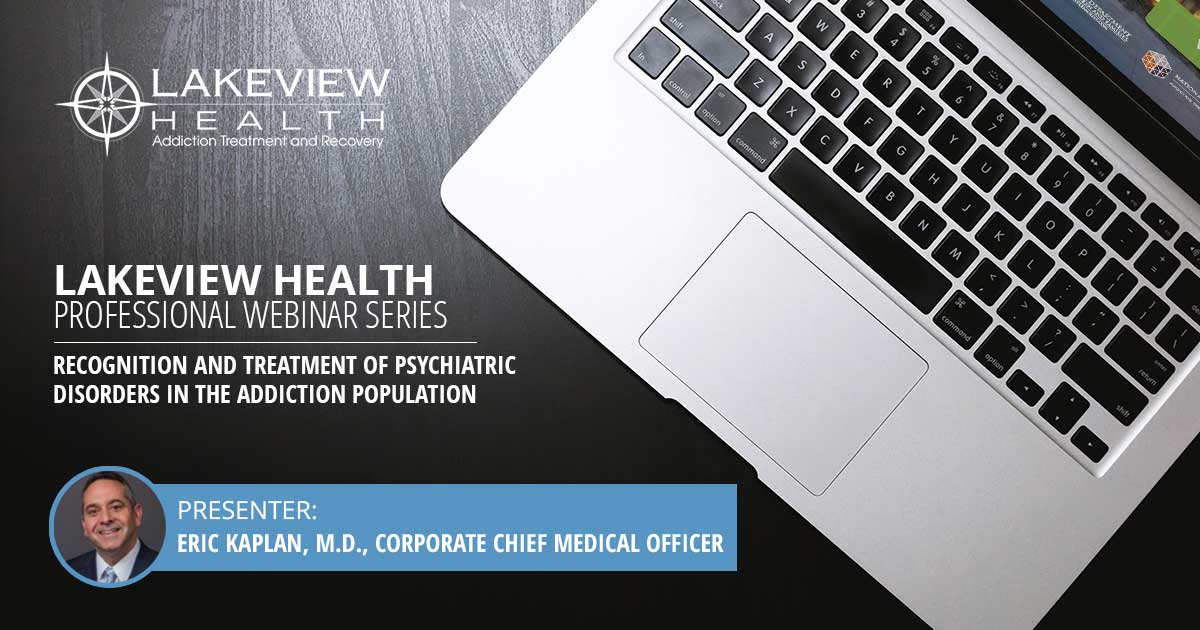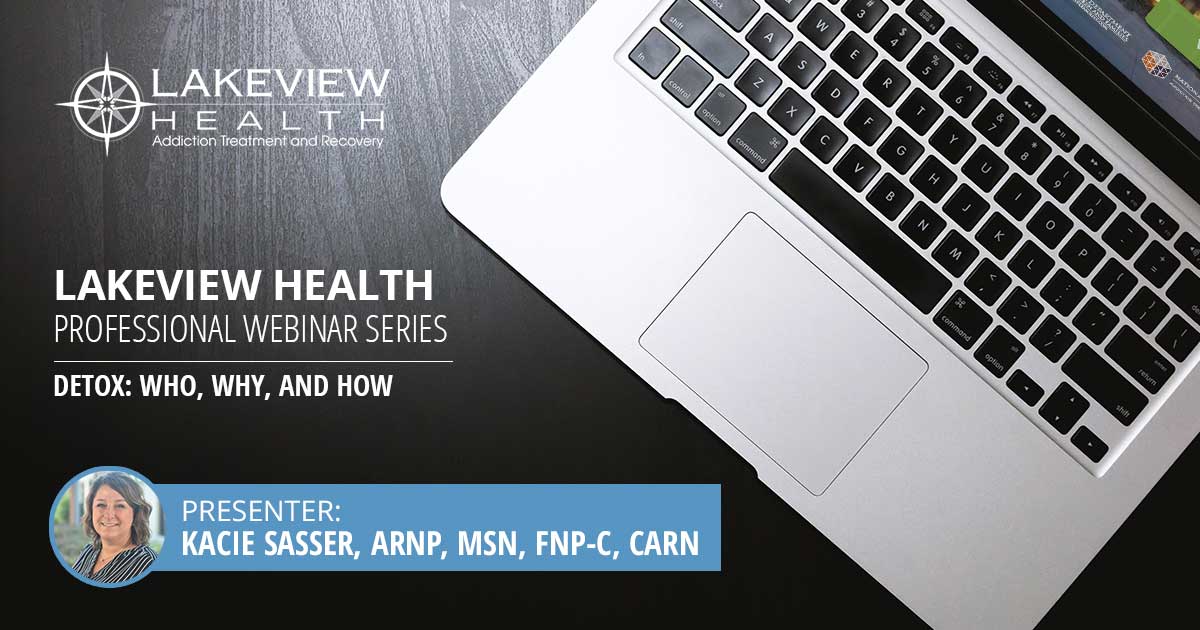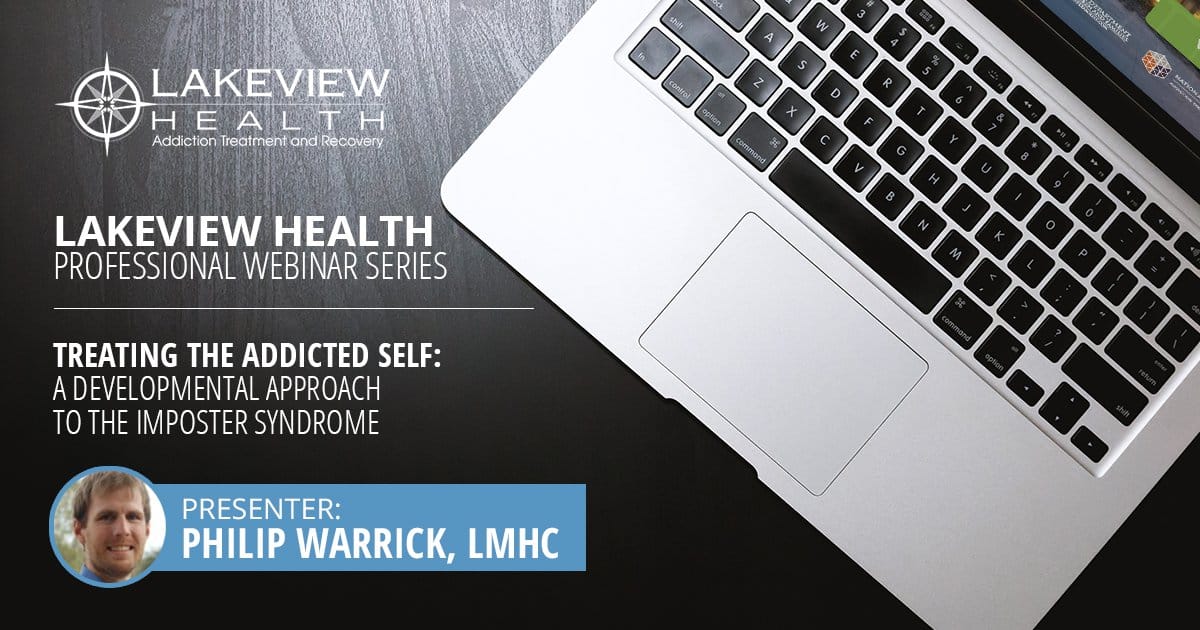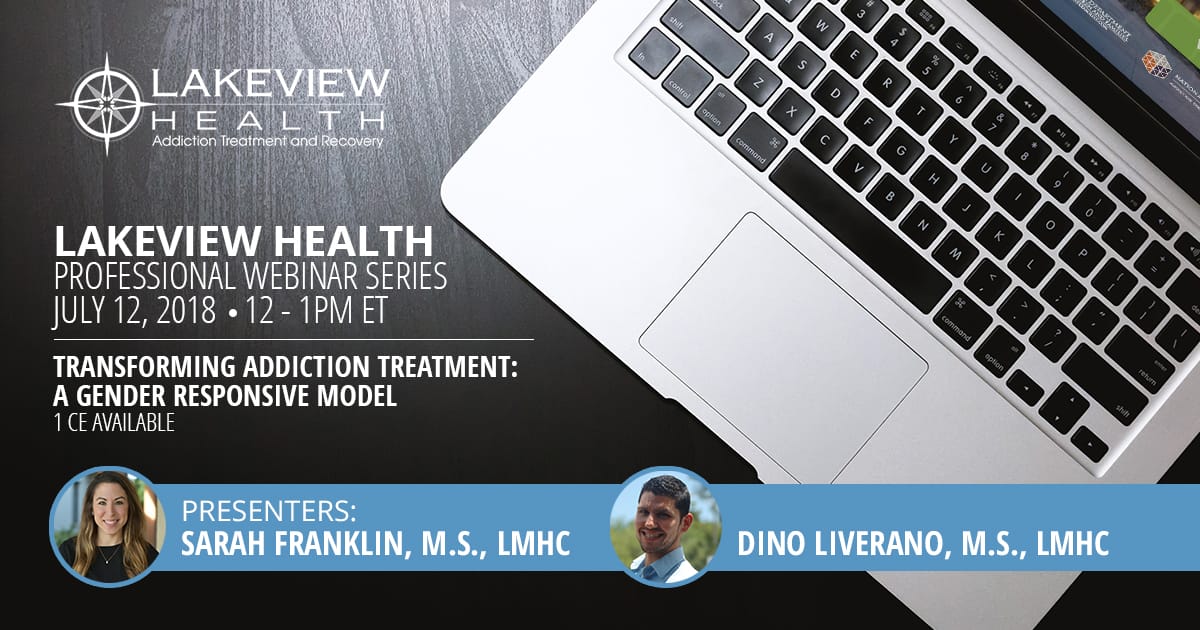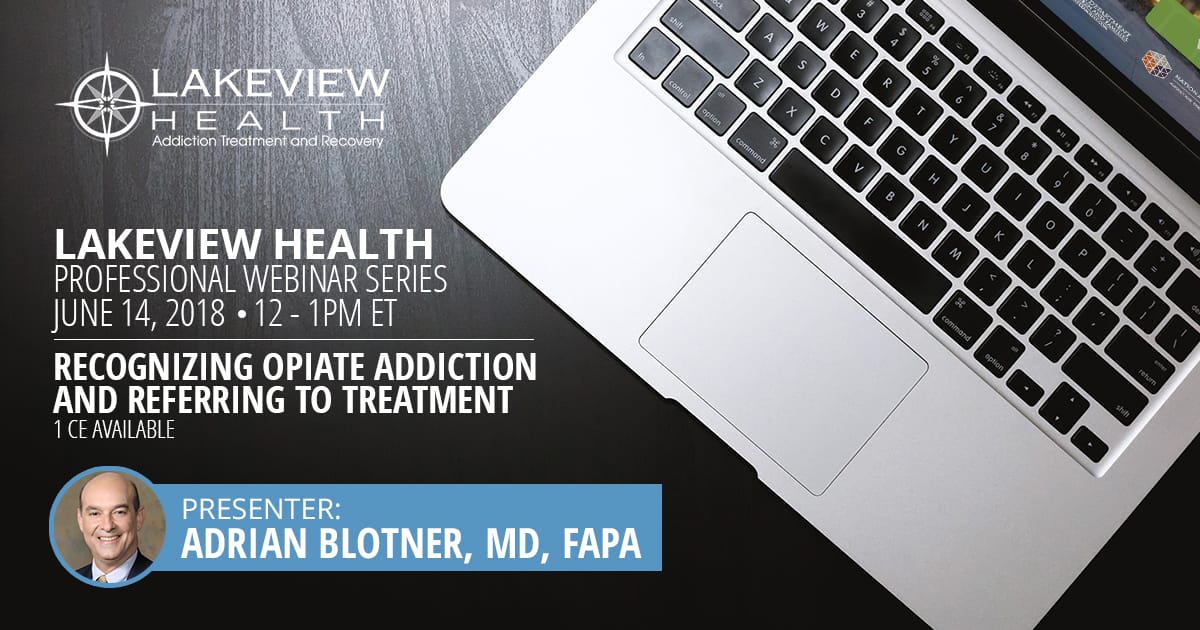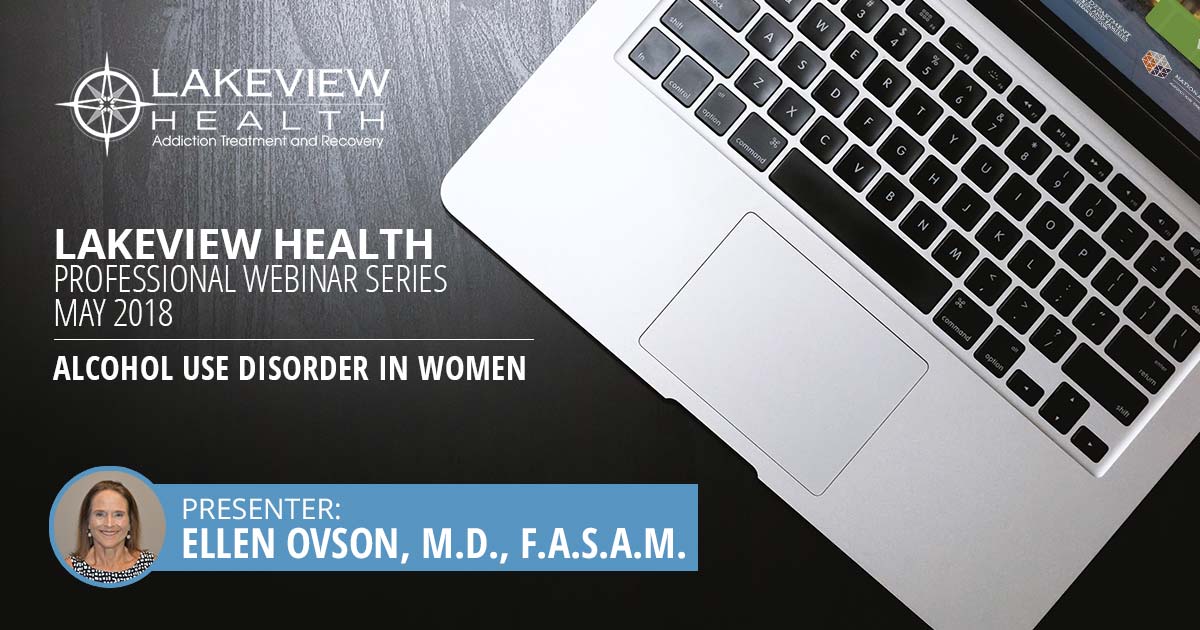

By: Lakeview Health
Susan Rosovsky, LPC, CAADC
October 21st, 2015 Noon – 1 p.m. EST 1 CEU available [dt_button size=”big” style=”default” animation=”none” color_mode=”default” icon=”/” icon_align=”left” color=”5a86a9″ link=”https://fast.wistia.net/embed/iframe/h74ztr39u4?popover=true” target_blank=”true”]Watch Presentation[/dt_button] As a professional in the mental health field you may find yourself in the position of having to place clients in residential treatment. Without a clear understating of the current business practices and knowledge of the sheer number of programs in your community you may find you have stepped in to the abyss. Susan Rosovsky, Clinical Interventionist & Consultant, has placed hundreds of clients in her career and brings her vast knowledge of the addiction and psychiatric industry to this presentation.
Goals/Objectives
Some topics to be covered are:
- The investment both emotionally and financially for family, one-size does not fit all, and many considerations to take into account (clinical and financial).
- Private vs. Public detox/stabilization? Always private unless imminent danger to self or others.
- Evidence based treatment includes integrative therapies based on research and unique needs of patient and family. Some examples: Somatic work, yoga, EMDR, equine, acupuncture, massage, art, wolves, surf. Facilities need flexibility and resources to individualize each client's care to some degree.
- Licensed professionals or people in recovery telling new patients how to do it their way? Addiction is the most deadly and complicated illness we deal with yet many facilities are using the least experienced, licensed, and educated staff.
- Shame or Respect based? Is it always "patient resistance" or should we be looking at our own control and codependency issues? Is it a disease or a moral failing? Clients can be held accountable to their behaviors while still being treated with respect. We wouldn't shame an obese person with diabetes.
- Adults and "Dependent Young Adults" have very different developmental needs.
Bio:
Susan Rosovsky is a clinically trained interventionist, treatment consultant and educator. She is a Licensed Professional Counselor (LPC), Clinically Certified Alcohol & Drug Counselor (CAADC), and expert witness for Georgia association of Criminal Defense Lawyers and Nancy Grace. She maintains the highest professional and ethical standards. Susan has experience working with adults, adolescents, groups, and families in a wide variety of settings including schools, hospitals, psychiatric treatment facilities, special needs, cadets, addiction treatment facilities, impaired professionals, prison, community mental health, private practice, finding missing persons, and high-risk situations. Susan specializes in helping families with adolescents and young adults that are struggling with substance abuse, mental health, and/or behavioral problems. She independently tours resources nationwide, applying her clinical knowledge to get to the root of each family's problems and then guide them to long term success based on their unique needs. Susan travels the country extensively in her work, but calls Atlanta, GA, home.
